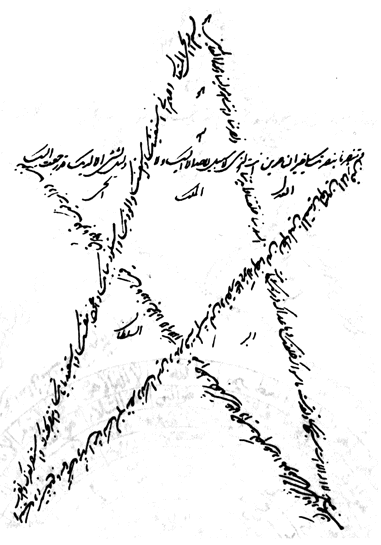“Truth shall be firmly established, while aught else besides it is sure to perish.”
XVII, 11
The Kitáb-I-Asmá
Kontext: Should a person lay claim to a cause and produce his proofs, then those who seek to repudiate him are required to produce proofs like unto his. If they succeed in doing so, his words will prove vain and they will prevail; otherwise neither his words will cease nor the proofs he hath set forth will become void. I admonish you, O ye who are invested with the Bayán, if ye would fain assert your ascendancy, confront not any soul unless ye give proofs similar to that which he hath adduced; for Truth shall be firmly established, while aught else besides it is sure to perish.
